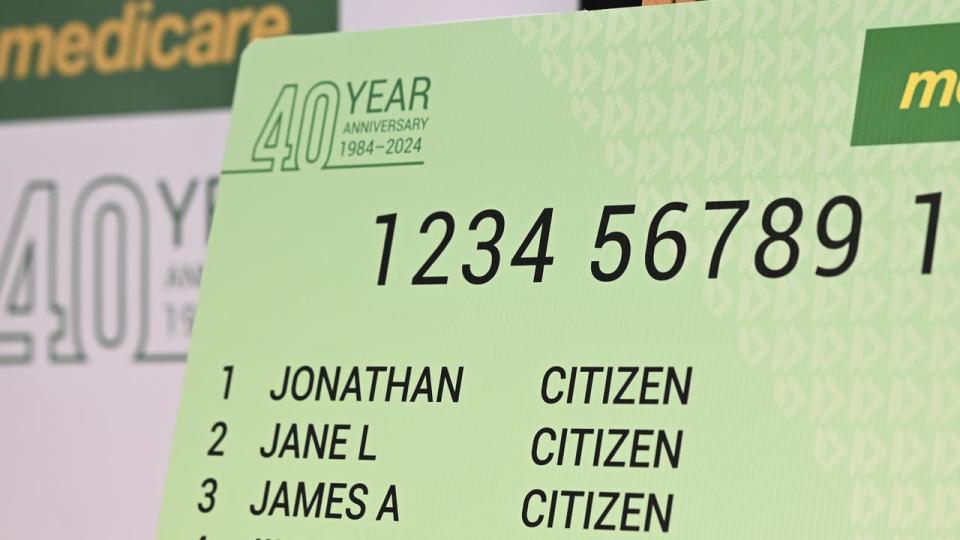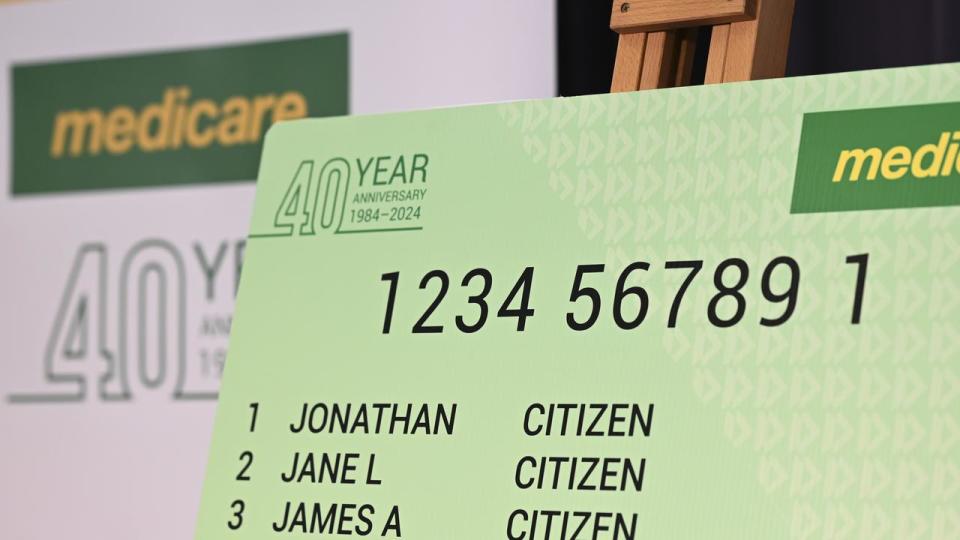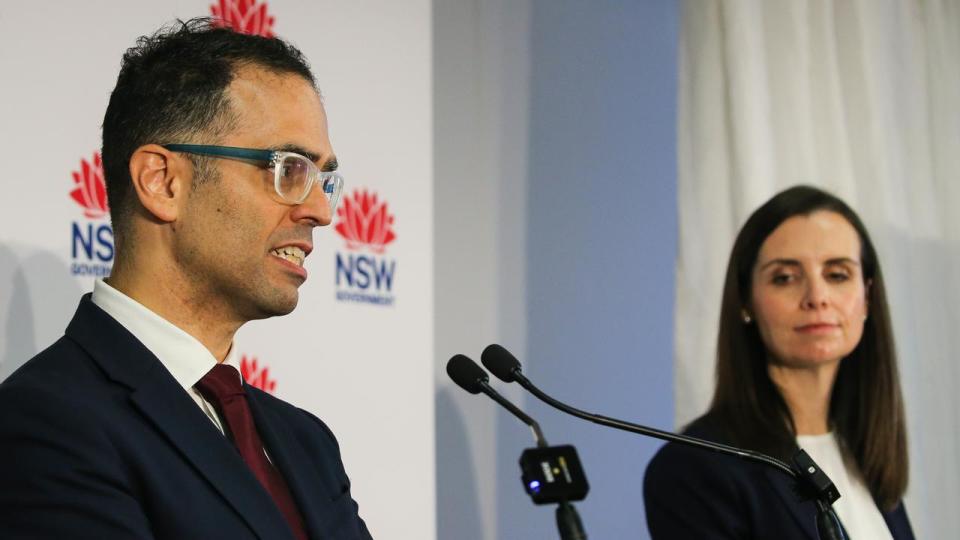Game-changing move for millions of Aussies

A doctor’s appointment could soon become cheaper in NSW under an Australian-first move to encourage GPs to bulk bill and ease pressure on public hospitals.
The NSW government has budgeted $189m to give rebates to GP clinics that bulk bill for most patients while axing historical payroll tax issues.
Under the new scheme, clinics that meet a bulk-billing threshold of 80 per cent in Sydney and 70 per cent in the rest of the state will receive a payroll tax rebate for contractor GPs.
As it stands, payroll tax has not been collected from GP clinics due to a moratorium implemented by the state government until September 4.
It’s expected the rebate will stop GP practices from passing on payroll tax costs to patients while also reducing pressure on public hospital emergency departments.
NSW Health data estimates that a 1 per cent decrease in bulk billing equates to about an extra 3000 emergency presentations.

The government will introduce legislation on Tuesday to enact the rebate and waive past unpaid payroll tax liability for contractor GPs that’s incurred up until September 4.
Industry bodies had warned that historical tax debts could result in GPs closing shop or increasing the cost of GP appointments by as much as $20 per visit.
NSW Finance Minister Courtney Houssos said the policy would act “in concert” with the federal government’s $1.5bn measure to ensure GPs receive 34 per cent more for standard bulk-billed consultations that came into affect late last year.
“We want to be able to support our GPs who are providing bulk-billing services,” she said.
“The previous budget from the federal Labor government has increased bulk-billing rebates, but they only started to flow to doctors in November last year.
“We expect that over time, they will continue to have effect and hopefully we will see increases in bulk billing.”

However, NSW Opposition Leader Mark Speakman questioned whether the proposed rebates would increase bulk-billed appointments, as payroll tax to date had never been enforced on GPs.
While he welcomed the policy, he said it didn’t represent “cost-of-living relief”.
“It will not make GP visits cheaper. It just won’t increase the cost of going to a GP, which might otherwise have been the case if the payroll tax had been enforced,” he said.
Despite this, peak bodies including the Australian Medical Association and the Royal Australian College of GPs welcomed the changes.
“Legislating ‘no retrospectivity’ will provide certainty for practices and will minimise the risk of more closures of general practices in NSW,” AMA NSW director Michael Bonning said.
“Unfortunately, general practice continues to struggle with decades of underfunding from the previous Coalition government.”
RACGP NSW and ACT chair Rebekah Hoffman said the retrospective payroll tax measure would allow more GPS to operate with certainty without facing a huge tax bill that could have “shut them down”.
“The RACGP thanks ministers Houssos and (Health Minister Ryan Park) for negotiating with the college in good faith and for understanding the devastating impact retrospective tax would have on NSW practices, patients and our state’s health system,” she said.
“We appreciate the very tight budgetary constraints the NSW government is under and know this decision wasn’t taken lightly.”

 Yahoo Finance
Yahoo Finance 